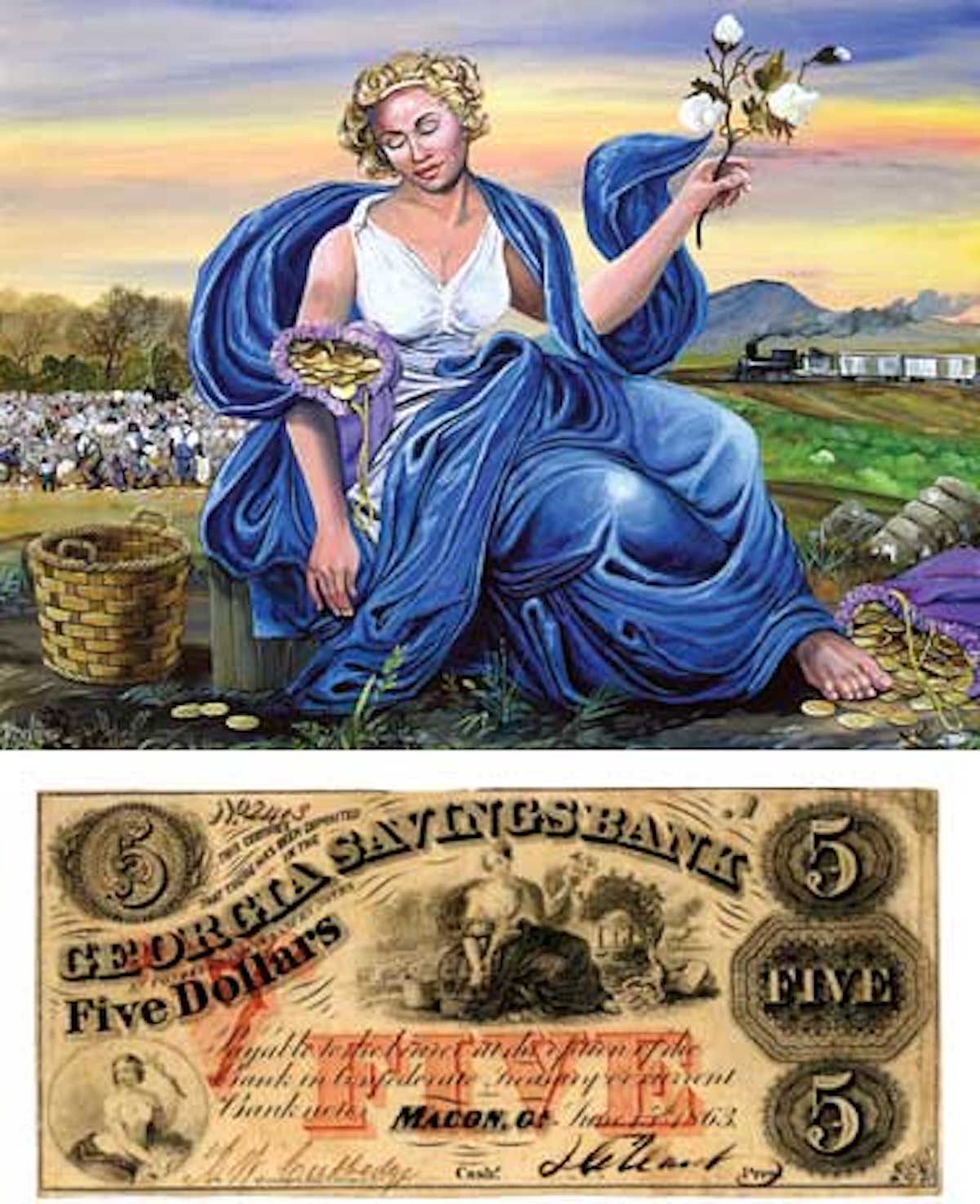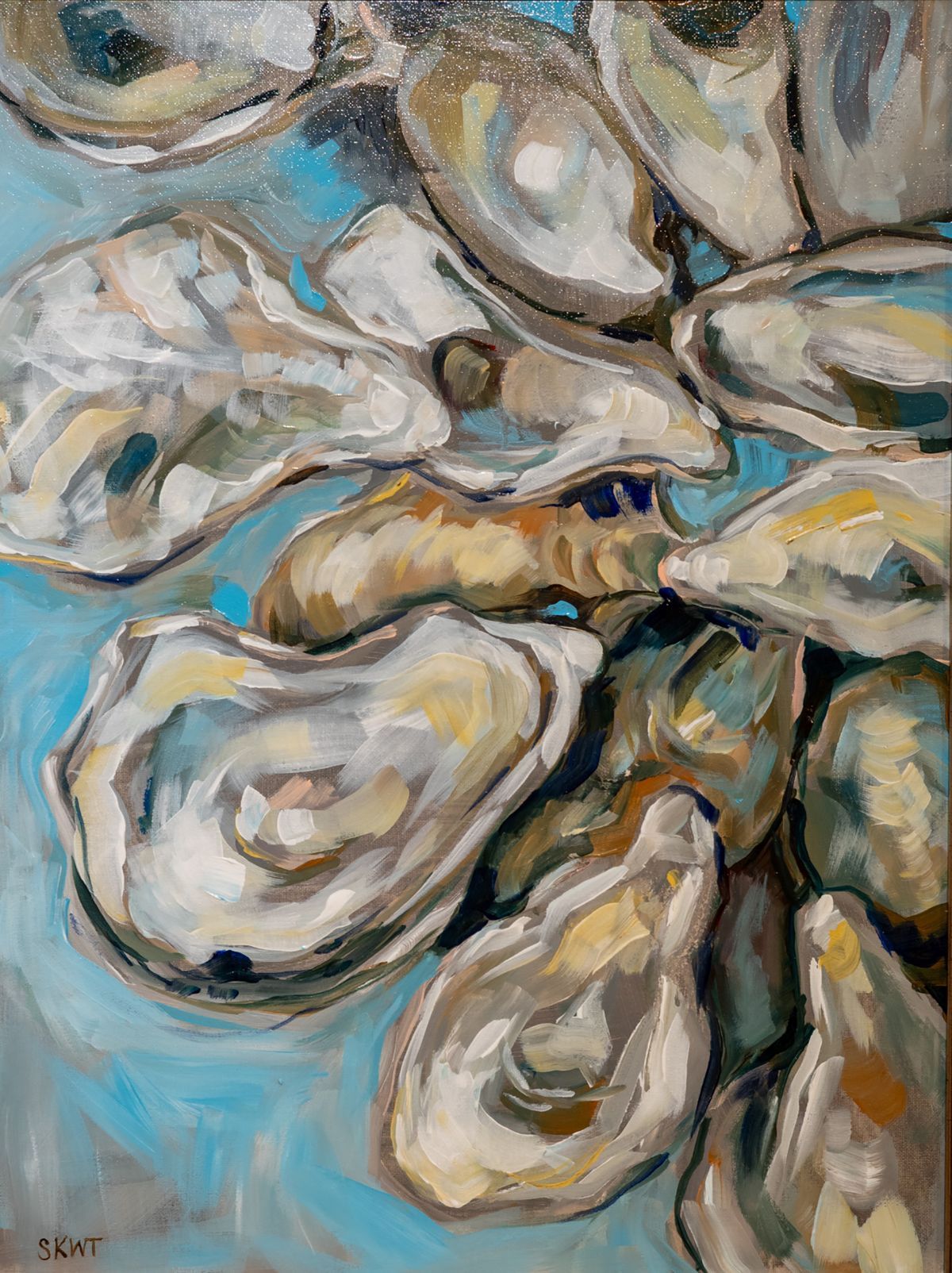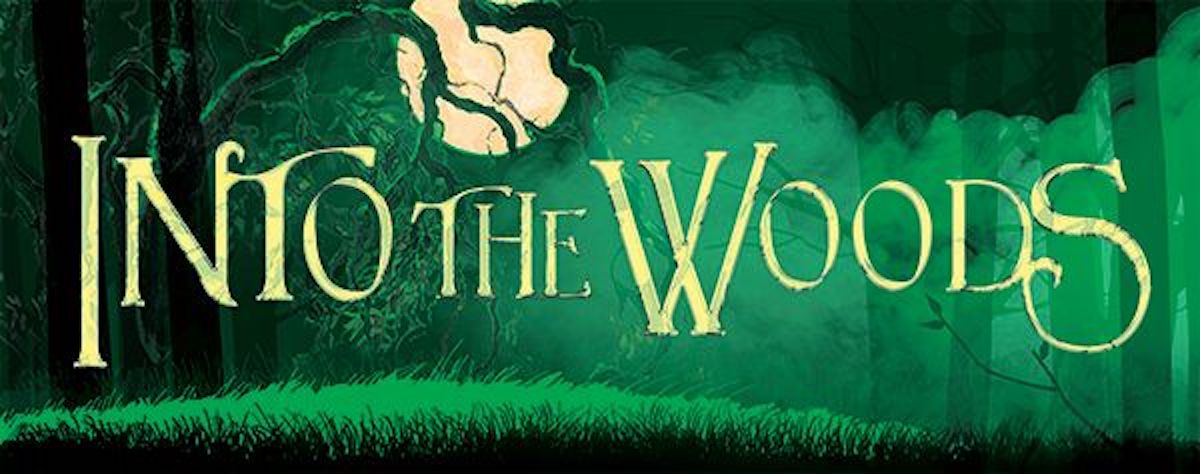By Rebecca Sprecher
A preview of Wagner’s “Parsifal” by The MET: Live at the USCB Center for the Arts, Saturday, March 2, at noon.
If you haven’t seen Parsifal yet, now is your moment. For a reasonable ticket price and dressed comfortably, you can experience some of the most ethereal, transcendent music ever written. We have a handsome Parsifal in Jonas Kaufman who is “in his glory” vocally (per the New York Times), and the director is Francois Girard (The Red Violin).
The Plot
Act I, Scene I: The knight Gurnemanz instructs his squires to prepare a bath for their leader, Amfortas, who ails from an incurable wound. As Amfortas is

brought in on a litter, a woman named Kundry appears, bringing a special balsam from Arabia for him. Amfortas says that his suffering can only be relieved by an “untested one who finds understanding through compassion.”
Gurnemanz tells the squires the history of how Titurel, Amfortas’ father, was given the Grail and the holy Spear by Christ in a vision. Klingsor, a rejected knight, is trying to corrupt the knights by using flower maidens to seduce them in his magic garden. Amfortas had once tried to kill Klingsor, but succumbed to temptation in the garden. Klingsor stole the Spear and wounded Amfortas in the side.
Suddenly, a commotion occurs — someone has shot a swan. A young boy is brought in who does not know his name, where he came from, or understand what he’s done. Wondering if this might be the “untested one” of whom Amfortas had spoken, Gurnemanz takes the boy to the Communion feast at the castle of the knights accompanied by the Transformation Music.
Act I, Scene II: The knights enter in a Processional to celebrate the feast. After Amfortas consecrates the blood and wine, the squires distribute them to the knights. Gurnemanz asks the boy if he wants to participate, but he hangs back. Gurnemanz then asks the boy if he understood the service, but he remains silent and shakes his head. Irritated, Gurnemanz calls him “only a fool.”
Act II, Scene I: Klingsor stands in the tower of his dark castle. Summoning Kundry, he warns her that the most dangerous knight of all is coming, one armed with his innocence. He charges her with seducing the knight, and she reluctantly agrees.
Act II, Scene II: In the magic garden, the Chorus of Flower Maidens calls to the young knight, and he is drawn in. But suddenly Kundry appears and sings, “Parsifal … Stay!” Instantly he knows that this is his name. In her Aria, Kundry explains how his widowed mother cared for him, and how he wandered off from her and became lost, leaving her to die of a broken heart. Parsifal is overwhelmed with guilt, but Kundry says that from guilt comes knowledge, and now he must learn of love. Parsifal then burns with the pain of temptation. This is followed by something else: overwhelming compassion for Amfortas and his suffering. Hard as she tries, Kundry fails. Klingsor then appears on a rampart with the Spear and hurls it at Parsifal. The young knight grabs it, making the sign of the cross. Klingsor and his castle are destroyed.
Act III, Scene I: Gurnemanz and Kundry are in a meadow on Good Friday years later. A knight enters in black armor carrying a Spear, then places the Spear on the ground and kneels before it in prayer. Gurnemanz watches with surprise, recognizing him as the young boy who killed the swan and has now returned. Parsifal has been searching for Amfortas to relieve his suffering. During the Good Friday Music, Kundry washes Parsifal’s feet, anointing them with oil and drying them with her hair. Gurnemanz tells him that on this day, he will be appointed the King of the Knights. The three set out to join the knights for the ritual of the Grail.
Act III, Scene II: Denied their spiritual sustenance, the knights have declined in their power to do good works. They lament that Amfortas has been unable to perform the office of the Grail. Parsifal steps forward with the Spear and touches it to Amfortas’ side, saying that he is absolved. All then kneel to Parsifal, who holds the Grail in blessing over their heads.
The Takeaway: For those of you with a strong Christian faith, this is a wonderful opera to see during Lent. For those of other faiths — or those who are not religious at all — this shimmering, reverent, majestic music hints at the possibility of other realities: of the triumph of compassion over temptation, of renewal and transcendence. The Prelude is an incredible mood setter, with its glimmering, searching themes of love, faith and hope. That and the scene between Kundry and Parsifal in Act II contain some of the most remarkable music Wagner ever wrote. It’s a long opera, but stay with it — and be inspired.
Tickets: Adults $20; OLLI Members $16; Students $10. All seats are assigned. Box office opens at 11 a.m. For more information, call 521-4145.
Rebecca Sprecher is the co-author of “Flying”, a novel about two Pan-Am stewardesses who experienced travelling life in the Pacific in the 1970s. She and her husband, Greg, are avid Wagner fans.





